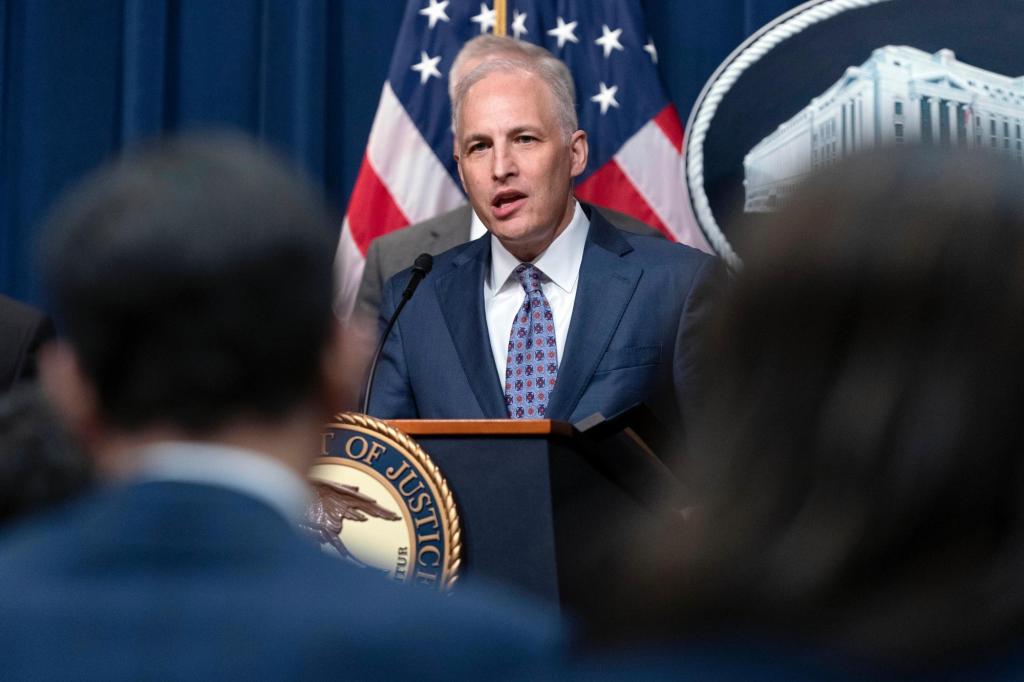By ERIC TUCKER
WASHINGTON — With less than two months until the end of the year, the Biden administration is running out of time to win the reauthorization of a spy program it says is vital to preventing terrorism, catching spies and disrupting cyberattacks.
The tool, Section 702 of the Foreign Intelligence Surveillance Act, will expire at the end of December unless the White House and Congress can cut a deal and resolve an unusually vexing debate that has yielded unlikely alliances at the intersection of privacy and national security.
Without the program, administration officials warn, the government won’t be able to collect crucial intelligence overseas. But civil liberties advocates from across the political spectrum say the law as it stands now infringes on the privacy of ordinary Americans, and insist that changes are needed before the program is reauthorized.
“Just imagine if some foreign terrorist organization overseas shifts its intentions and directs an operative here who’d been contingency planning to carry out an attack in our own backyard — and imagine if we’re not able to disrupt the threat because the FBI’s 702 authorities have been so watered down,” FBI Director Christopher Wray told lawmakers Wednesday on the House Homeland Security Committee.
The law, enacted in 2008, permits the U.S. intelligence community to collect without a warrant the communications of foreigners overseas suspected of posing a national security threat. Importantly, the government also captures the communications of American citizens and others in the U.S. when they’re in contact with those targeted foreigners.
In making the case for the law’s renewal, the Biden administration over the last year has cited numerous instances in which intelligence derived from Section 702 has helped thwart an attack, including an assassination plot on U.S. soil, or contributed to a successful operation, such as the strike last year that killed al-Qaida leader Ayman…
Read the full article here







